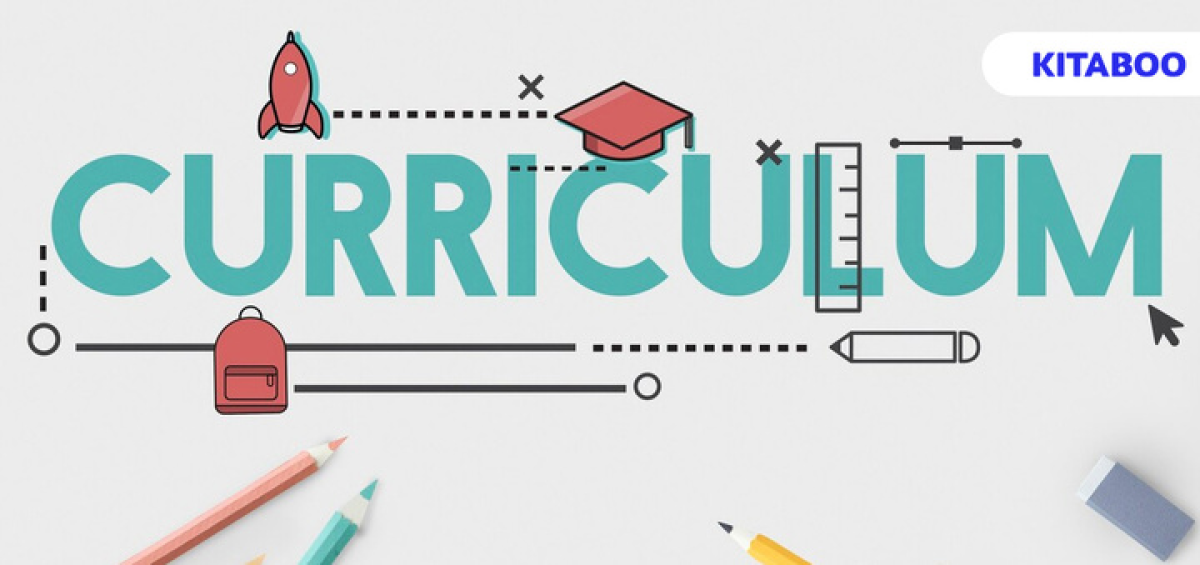Everyone knows the importance of finding the right balance between curriculum goals and creating engaging content. With the emergence of eLearning, there have been some major transformations in the K12 education industry.
The process of learning and acquiring knowledge has been reshaped by introducing digital technologies to produce educational content and training methodologies.
To create dynamic eLearning content for online learners, managing editors should implement innovative curriculum development strategies. The content should be student-centric because they are the centrifugal part of this learning platform.
Managing editors should ensure the content they are creating is interactive, or else learners will lose interest.
Strategies to Infuse Innovation into Educational Content
The best way for any online learning platform to stay ahead of its competitors is by aligning its business goals with advanced technology. It provides a better edge to make their content engaging and readable.
In this blog post, we will discuss a few principles of curriculum development strategies in eLearning to help you globally design effective and engaging K12 educational content for learners.
Set Learning Objectives
The initial step in the online educational curriculum development process should be setting definite learning goals that attune with the desired result.
It will ensure the curriculum development process is precise and relevant. Valuable content will invariably attract audiences’ attention, thus boosting engagement and improving motivation.
Setting specific learning goals is essential to design more comprehensible and compelling educational content. It shows purpose and direction.
Plan SMART (specific, measurable, achievable, relevant, and time-bound) learning goals. Clear and actionable learning goals make way for effective content development, more engagement, and rewarding learning outcomes.
KITABOO is one such digital textbook platform that will streamline, enhance, and enrich your eBook publishing experience. Loaded with cutting-edge and innovative digital publishing technology, this platform offers secure and pathbreaking ePub features.
Identify the Target Audience
Content is created for the audience. So, it’s important to identify the target audiences, their preferences, requirements, and learning techniques. Managing editors should design customized curriculum and make it relevant and compelling so that it resonates with the audience.
Every individual has different learning patterns and preferences. Some prefer video content, while others opt for practical activities or audio briefs. Several instructional techniques and media formats can be merged to meet the specific learning patterns of your audiences.
By incorporating the techniques mentioned above, the content becomes accessible and engaging for all audiences, even though each one follows a different learning style. Audiences will be hooked to your content only if it has the power to directly cater to their needs and interests.
Compelling Instructional Design
To build a logical and engaging curriculum structure, include solid instructional design principles. That can be achieved through storytelling, interactive features, and multimedia techniques and help in augmenting audience engagement and retention.
Besides, crafting engaging stories helps to steal the attention of audiences and get them immersed in the learning experience. They are more likely to connect them with the content and retain and apply the knowledge effectively.
Encourage active participation and promote learning among audiences through interactive features like simulations, quizzes, and branching scenarios. The curriculum can be more engaging by incorporating multimedia features like audio, videos, and images.
KITABOO, the digital textbook platform, offers various innovative multimedia features that you can incorporate into your eBook to make it more inspiring and engaging for the audience.
User-Friendly Navigation
Focus on designing a user-oriented and intuitive navigation for designing K12 educational content. The objective should be to ensure easy access to diverse modules, monitor progress, and navigate throughout the content.
This feature offers easy navigation throughout the content and allows users to concentrate on the learning activity and not toil with difficult navigation.
A responsive design for your content can facilitate learners to access it using different devices. Hence, it is imperative to integrate mobile learning features in the eLearning modules to make them responsive and easily accessible on various devices and screen sizes.
Digital textbook platforms like KITABOO offer eLearning curriculum creation and publishing that is compatible with different devices (smartphones, tablets, PCs). The platform also facilitates reading on different operating systems, such as iPad/ iPhones (iOS), Android Devices, Windows, and HTML5.
Integrated LMS
While discussing innovation in online educational curriculum development plans, LMS (Learning Management System) can’t be sidelined. Working on an online hub, LMS platforms offer managing editors and their teams an array of tools that help to facilitate distance and classroom learning activities.
Apart from improving the skills of team members, LMS also aids in planning and executing curriculum strategies for eLearning content. Thus, it would fulfill the learning goals of the educators and also satisfy the learners.
LMS platforms are the bedrock of online educational content. Their centralized hub helps to manage, monitor, and track the content. The platform enables educators to develop educational content, manage user access, monitor progress, and evaluate performance.
Besides, the LMS generates complete analytics for regular progress – course completion status, quiz scores, and their whole engagement. This allows educators to track the performance of the learners and deduce the areas of development.
Digital textbook platforms like KITABOO, with its LTI-compliant technology, offer effortless integration with the user’s LMS.
Whether the user is a K-12 publisher or a Higher Ed publisher, the platform facilitates enhanced features like embedded multimedia and interactivity features like audio, video, images, assignment widgets, read-aloud, etc., to digitize and refine their eBooks.
Interactivity and Gamification
Gamification is the rising trend that’s transforming the way online education is being looked at. To develop customized eLearning content, including gamification features like interactive exercises, simulations, badges, rewards, leaderboards, etc. It’ll boost motivation and engagement among learners and improve knowledge retention.
Interactive e-learning content adds a fun element to the learning process. Active participation and problem-solving features help in gaining improved concentration and retention power of the learners. Setting goals, tracking self-progress, and competing with fellow learners generate a sense of accomplishment and satisfaction.
Moreover, by simulating real-life scenarios in gamified online educational platforms, learners can practically use their knowledge and expertise. The interactive simulations and virtual environments will further help them to practice and enhance their prowess.
Evaluation and Feedback
Incorporate a ritual of continuous improvement through data collection, surveying learner feedback, and estimating the effectiveness of the online learning content.
All this will help to evaluate the performance of the content, like whether it’s generating the expected learning results and how effectively the learners are applying their knowledge.
To collect such data and learner feedback, include surveys, discussion forums, assessments, etc., and make constant modifications to the eLearning curriculum development plan.
Look for any identified gaps or improvement areas and address them. Regular content updation is important to streamline fresh data, rising trends, and industry changes.
Conclusion
There are innumerable innovative resources available to create engaging and interactive online learning content. The initial step should begin with knowing what the audience needs and prefers. Based on this knowledge, you can plan a specific learning module and create an effective learning experience.
However, creating and publishing eBooks at a mass scale is not an easy task. It requires a lot of proficiency – technical, analytical, and marketing.
K12 Education publishers and providers can partner with technology-enhanced digital textbook platforms like KITABOO to publish, distribute, and market their eLearning content.
To know more, write to us at KITABOO@hurix.com.
Discover How An Ebook Conversion, Publishing & Distribution Platform Can Help You
Kitaboo is a cloud-based content platform to create-publish & securely distribute interactive mobile-ready ebooks.
You May Also Like







